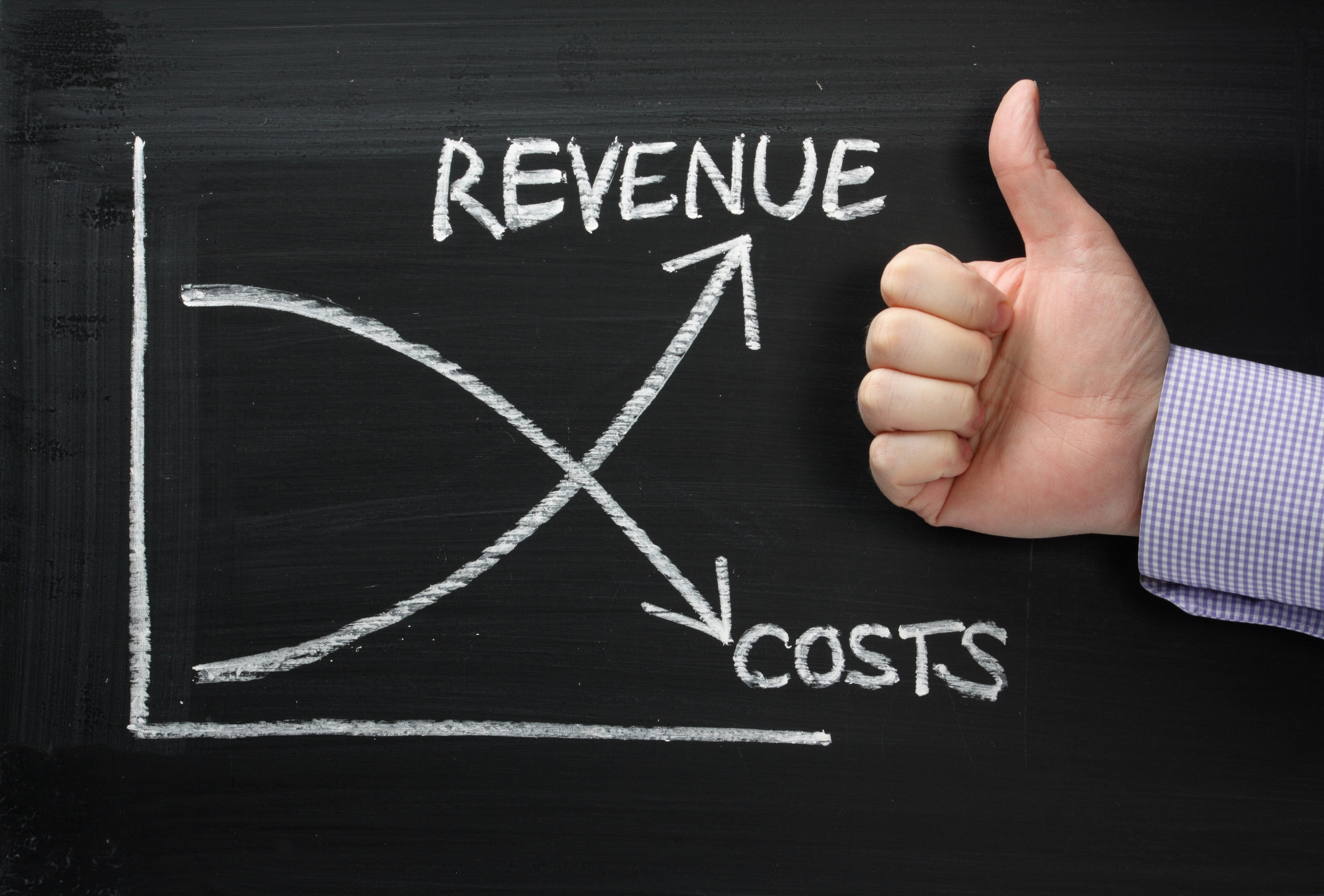Concept 5: Marginal Benefit and Marginal Cost
Overview: When is enough really enough? Just how many slices of pizza should you eat? Is it worth studying one more hour? Marginal analysis can help answer these questions and many more!
Learn
Beginner

The word marginal in economics is synonymous with additional; specifically, one more. Think about a car manufacturer that has already produced 100 vehicles. They have their assembly line in operation, the resources needed to make cars, and workers available. Should they make one more car? To answer that question, the company must analyze the marginal cost and marginal benefit. How much will one more car cost to produce? How much revenue will one more car generate? In economic terms, a rational decision is made when the marginal benefit of an action is greater than or equal to the marginal cost.
As individuals, we rarely make all-or-nothing decisions. People don’t typically make decisions like “I’ll spend all 24 hours in a day exercising” or “I’ll spend all 24 hours sleeping.” Instead, people allocate their time among a variety of activities. Exercising has lots of benefits, for example, but even extreme athletes take breaks. Why? At some point the marginal cost of exercising an additional hour (or even minute) is higher than the marginal benefit of that additional exercise. In general, over time, marginal benefits of repeated activities decrease, so our decision-making changes. This is true for individuals, companies and governments. Accurately and honestly measuring marginal costs and benefits in real life can be difficult, however, and people do not always make rational decisions. Overeating, spending money we don’t have, procrastination, and using illegal drugs are all examples of potentially irrational behavior.
Intermediate

Understanding that marginal benefit decreases over time is sometimes difficult. People tend think that if something is good or makes them happy, then more of it would make them happier. This is often true to a point, but not infinitely so. Think of your favorite food. Assume I can get unlimited access to this food and I am willing to provide it to you at no financial charge. How much would you eat? Even in this hypothetical scenario, you can imagine that at some point you would grow tired of the food or feel sick. That concept is called decreasing marginal utility (benefit). Since the cost in this scenario is $0, we assume you’ll keep eating until the marginal benefit is negative – eating more has adverse consequences for you. Note how in this example the marginal dollar cost is $0. Even so, there are other costs to consider like the time it takes to continue eating and the opportunity cost associated with that time. Even for truly enjoyable activities, over time marginal benefits decline to the point where we choose to do something else.
Advanced

When businesses analyze marginal costs and marginal benefits, they consider a specific type of benefit: marginal revenue. Marginal revenue is the money earned by selling an additional unit of a good or service. A rational company will seek to maximize profits, and in order to do so must know the cost of producing an additional unit and the potential revenue from selling that unit. Many students think that businesses simply add up their revenue, subtract their costs and that’s their profit. While this simple calculation will identify a profit, it does not ensure that that profit is being maximized. What if the company produced one more unit? One less? Profits are maximized at the point where a company’s marginal revenue of selling its last unit is equal to its marginal cost of producing that unit.
Click a reading level below or scroll down to practice this concept.
Practice
Assess
Below are five questions about this concept. Choose the one best answer for each question and be sure to read the feedback given. Click “next question” to move on when ready.
Social Studies 2024
Explain that rational decisions occur when the marginal benefits of an action equal or exceed the marginal costs.














